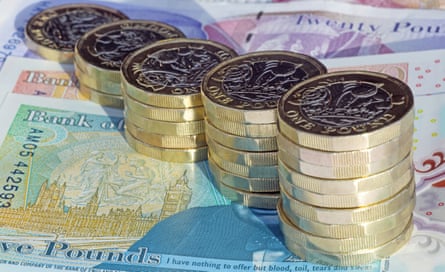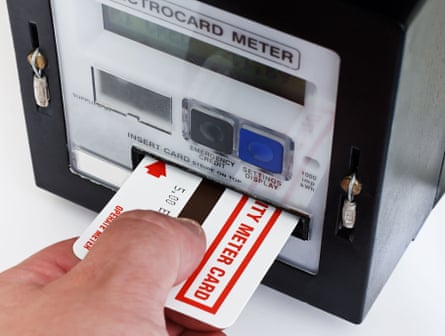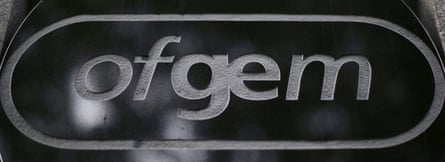Energy bills could hit £3,850 a year by Christmas – three times what households were paying at the start of 2022 – according to the latest estimates by experts. Now the government has revealed further details on its already announced energy bills support scheme, under which millions of households will get a £400 discount on their energy bills this winter.
Who is eligible?
The energy bills support scheme applies to consumers in England, Scotland and Wales. All households in Great Britain with a domestic electricity connection are eligible for the support.
The 1% of homes without a connection – including those who do not have a direct relationship with an energy supplier, such as park home residents – will receive equivalent financial help, with more details to be announced in the autumn.
The government said it is “urgently working” to make sure households in Northern Ireland get the equivalent of the support “as soon as possible”.
When will it be paid?
 View image in fullscreenMillions of households in Great Britain will get a £400 discount on their energy bills this winter.
View image in fullscreenMillions of households in Great Britain will get a £400 discount on their energy bills this winter.
Photograph: Rosemary Calvert/Getty Images
The £400 discount will be paid in six monthly instalments beginning in October this year. In October and November, households will see a £66 discount on their energy bills. This will rise to £67 a month from December through to March 2023.
It will be paid on a monthly basis, regardless of when consumers usually pay their bills.
How will I get the money?
The way households will receive the discounts depends on what kind of electricity meter they have, and how they pay their energy bills.
Direct debit customers will automatically get a deduction to the amount collected, or as a refund to their bank account after the bill is paid.
Standard credit customers, payment card customers and smart prepayment meter customers will see the discount automatically applied as a credit in the first week of each month.
 View image in fullscreenThe way households will receive the discounts depends on what kind of electricity meter they have. Photograph: Stocksolutions/Alamy
View image in fullscreenThe way households will receive the discounts depends on what kind of electricity meter they have. Photograph: Stocksolutions/Alamy
Households with a traditional “non-smart” prepayment meter will receive vouchers in first week of each month, issued by text, email or post. Customers will be able to redeem these at their normal top-up point.
Students and other tenants who rent properties where their energy bills are included in their rent should also receive the payment. “In these circumstances, landlords who resell energy to their tenants should pass the discounted payments on appropriately, in line with Ofgem rules to protect tenants,” the guidance says.
What are the downsides?
The government has warned consumers to be alert to potential scammers claiming to be involved in the energy bill payment process and stresses that you will not be asked for your bank details during the process.
If it’s a paper voucher, we’d like to ensure that people don’t ignore post from their supplierMaureen Fildes of National Energy Action
Charities and campaigners have raised concerns that the more than 2 million “non-smart” prepayment meter customers, who include some of the country’s poorest and most vulnerable households, could have difficulties accessing the support.
Maureen Fildes of the fuel poverty charity National Energy Action said she was fearful that some people using prepayment meters may struggle to get the vouchers.
“A lot of people on prepayment meters don’t have a lot of interaction with the energy supplier; they just top up as and when they need to,” she told the BBC. “If it’s a paper voucher, we’d like to ensure that people don’t ignore post from their supplier. It’s not going to be another bill; it is going to be some level of support.”
What other support is available?
There is other government support available to help families who are struggling with the rising cost of living, including a £650 one-off payment for about 8 million households on means-tested benefits.
 View image in fullscreenRules set by Ofgem mean suppliers have to offer payment plans people can afford. Photograph: Yui Mok/PA
View image in fullscreenRules set by Ofgem mean suppliers have to offer payment plans people can afford. Photograph: Yui Mok/PA
Pensioners who receive the winter fuel payment will also get a one-off £300 payment at the same time, and there is a £150 cost of living payment for about 6 million people who claim certain disability payments.
Households who are struggling with their energy bills should contact their supplier because there may be other help available, such as a hardship fund or payment plans to help pay off debt.
Rules set by Ofgem, the energy regulator, mean suppliers have to offer payment plans people can afford and customers can ask for “emergency credit” if they use a prepay meter and cannot top up.




Leave a Reply
You must be logged in to post a comment.